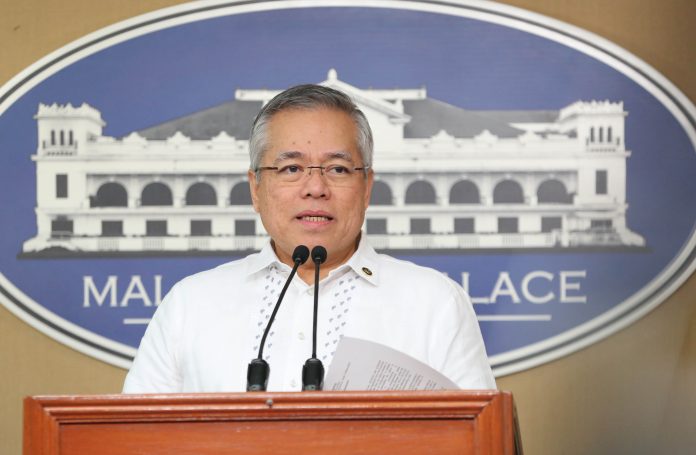
MANILA – Indonesia has agreed to allow more Philippine agricultural products, particularly bananas and coconut-based products, to penetrate its huge market, as the two countries work to enhance bilateral trade and investment, and reduce trade gaps between them.
The Indonesian delegation led by its visiting Trade Minister Enggartiasto Lukita and Indonesia Ambassador to the Philippines Sinyo Harry Sarundajang, and Philippine key officials on Monday signed memorandum of understanding (MOU) emphasizing the importance of opening each other’s market.
Lukita said both sides signed three MOUs on the procurement of desiccated coconut and coconut oil from the Philippines; and another one on the investment expansion on coffee manufacturing and processing operations in the Philippines.
“Congratulations to all the documents, all the agreements that we have signed. These are several memorandum of understanding that will open up the Indonesia market to some of the agriculture products, on bananas, and hopefully we can include further later on other agriculture products…,” Trade secretary Ramon Lopez said in a press briefing after the signing of the MOUs.
Lopez pointed out the USD5.6 billion to USD5.8 billion trade deficit between the Philippines and Indonesia is not limited to agriculture products.
He said they are thus seeking the inclusion of non-agricultural products to be able to enter the Indonesian market.
“Our request really boils down to allowing export from the Philippines to grow faster because right now, we are already in the deficit. That means that we have to increase our supply of both agriculture and non-agriculture products,” he added.
The trade chief cited examples of these non-agriculture products as cosmetics, smart cards, electronic integrated circuits, parts and accessories of motor vehicles and office machines, copper cathodes, transmission shafts, ignition wirings and other industrial products.
To balance trade between the two countries especially in agriculture, Agriculture Secretary Manny Piñol said Indonesia just needs to allow more Philippine goods to enter its market, which is the fourth most populous country in the world today.
Piñol said Indonesia has conveyed that Philippines can start exporting shallots and bananas immediately.
He cited a signed document indicating that Indonesia acknowledges that bananas from Mindanao are free from pests and diseases thus, opening their market to Philippine exports.
He bared that Trade Minister Lukita has also assured the Philippines that its traditional export to Indonesia, tobacco, would be “given space” in the Indonesian market.
He said Lukita also favorably granted the country’s request to allow entry of poultry products to Indonesia, and facilitate the access of Pilmico Foods Corp. to its feed mill market.
Meanwhile, business-to-business MOUs signed include PT Mayora Indah Thk’s purchase of 1,000 metric tons of desiccated coconut from Franklin Baker, and PT Mayora’s USD80-million investments on coffee manufacturing and processing facility in the next five years.
PT Mayora President Andre Atmadja said: “In recognition of Kopiko’s strong Philippine base, along with our growing business in the ASEAN region, we are expanding our manufacturing and processing operations beyond Indonesia — into the Philippines. We look forward to the many opportunities that this landmark project will deliver particularly in the area of job creation and in enabling greater contribution to the Philippine economy.”
Once completed, the manufacturing and processing plant in Batangas will help meet increasing demand for local consumption and exports.
It is projected to generate some 3,000 new jobs on top of the 4,500 jobs that Mayora’s Philippine-based businesses currently employ.
As part of the plan to help boost local business, Mayora will source desiccated coconut and refined, bleached and deodorized (RBD) coconut oil from several Philippine producers. (PNA)







